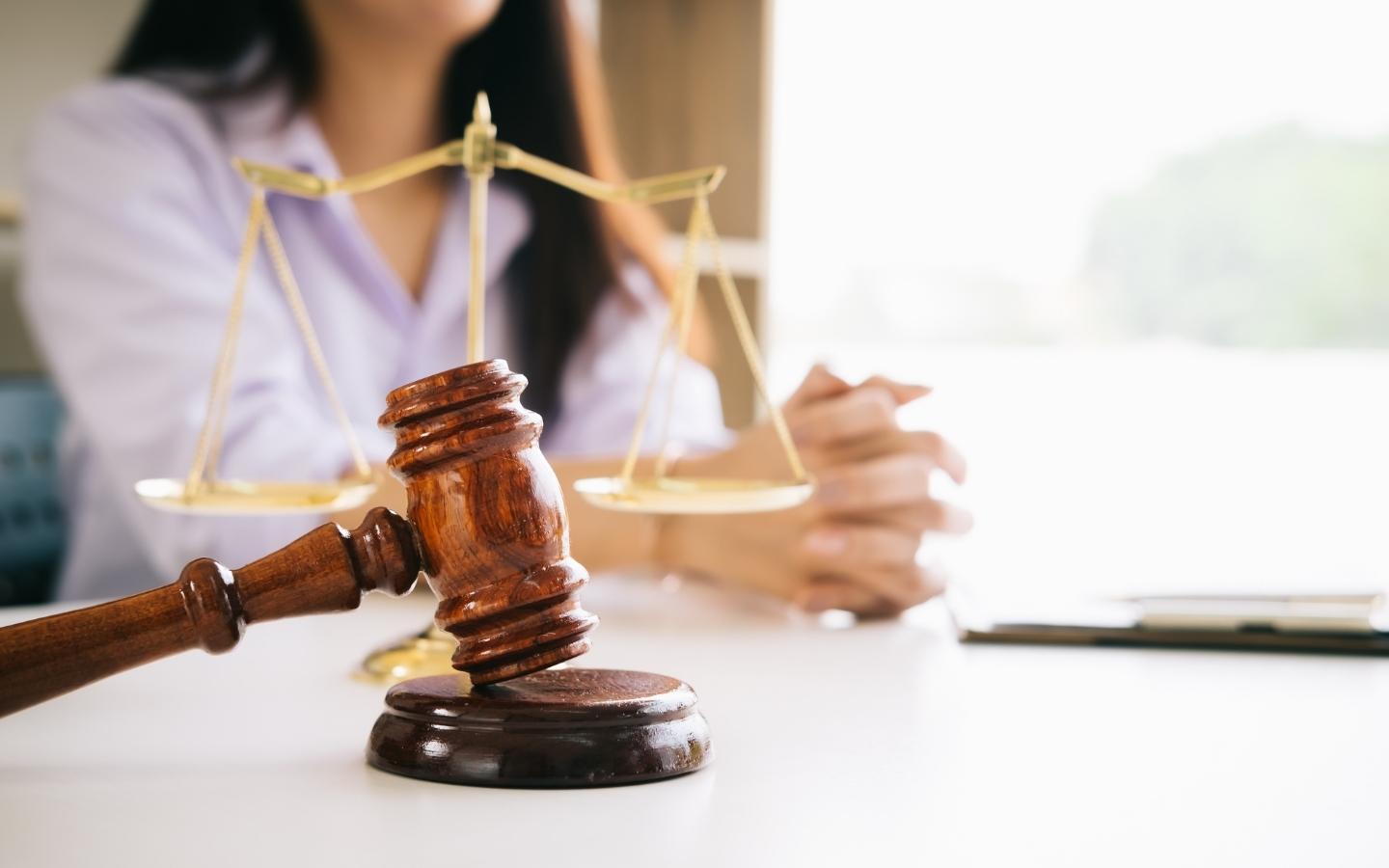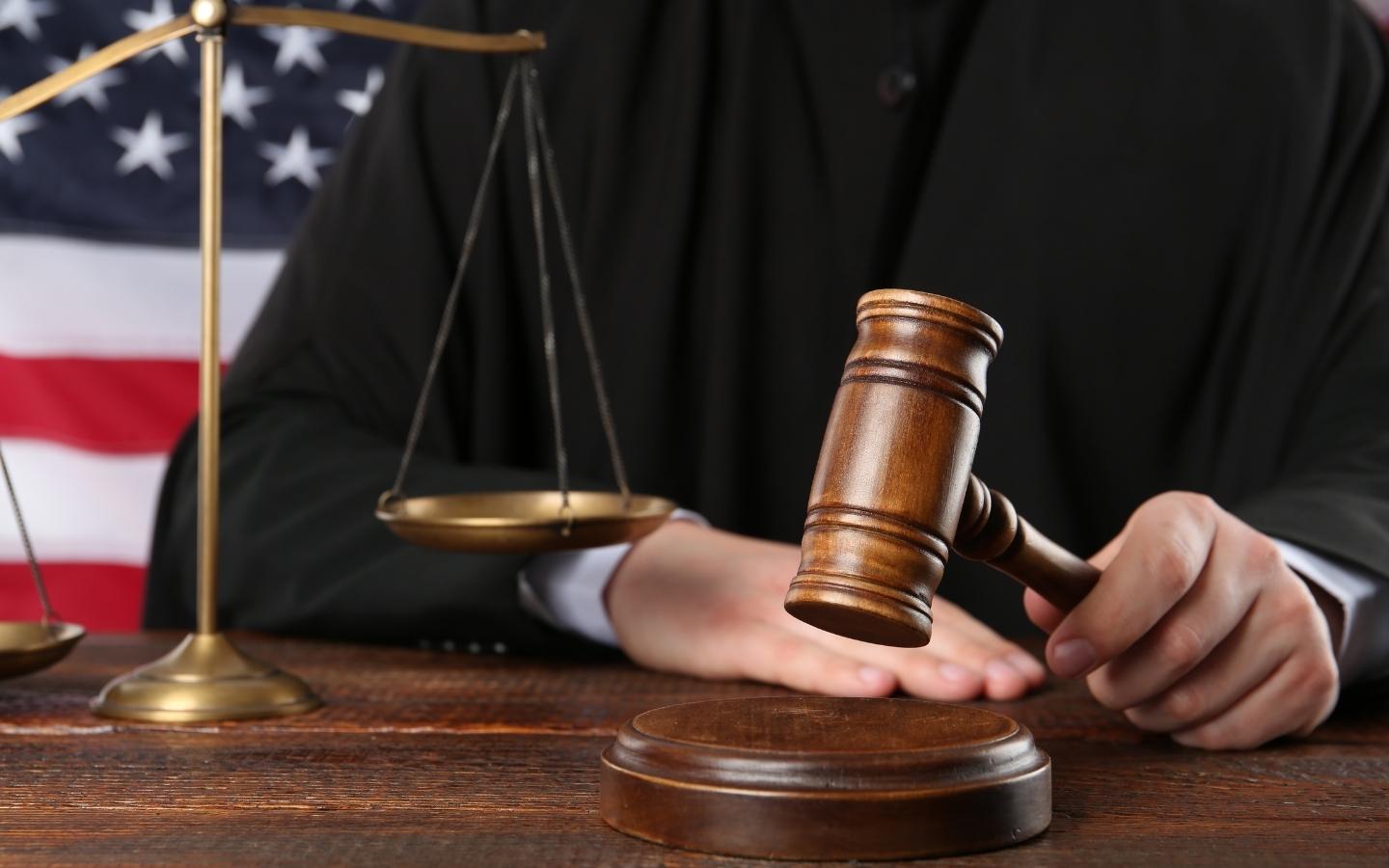Police Power and Civil Liberties
The relationship between law enforcement and the public has always been a delicate balance. On the one hand, police officers are responsible for maintaining public safety, enforcing the law, and protecting citizens from harm. On the other hand, citizens have a right to privacy, freedom of speech, and protection from unjustified use of force.
This balance is often referred to as the “thin blue line.” It is a phrase that represents the idea that law enforcement officers are the last line of defense against criminal activity and that they must be given the necessary tools and authority to do their jobs effectively. However, this phrase also represents the idea that law enforcement officers must operate within the boundaries of the law and respect the rights of citizens.
In recent years, the issue of police power and civil liberties has become increasingly important. With the rise of social media and the widespread use of cell phone cameras, incidents of police misconduct and excessive use of force have been captured on video and shared widely, leading to increased scrutiny and public outcry.
In this article, we will examine the delicate balance between police power and civil liberties, the challenges that law enforcement officers face in maintaining this balance, and the potential solutions to these challenges.
[lwptoc]
The Role of Law Enforcement
The role of law enforcement officers is to maintain public safety and uphold the law. This includes preventing crime, investigating criminal activity, and arresting suspects. Law enforcement officers also play a crucial role in responding to emergencies, providing assistance to citizens in need, and protecting property.
To carry out these responsibilities, law enforcement officers are given certain powers and authority. They have the power to detain individuals who are suspected of committing a crime, to use force when necessary to make an arrest, and to use deadly force in certain situations. They also have the authority to search individuals and property, to seize evidence, and to use surveillance techniques to gather information.
However, these powers and authority must be used responsibly and within the boundaries of the law. Law enforcement officers are not above the law and must respect the rights of citizens. This is where the balance between police power and civil liberties becomes critical.
The Challenges of Balancing Police Power and Civil Liberties
Maintaining the delicate balance between police power and civil liberties is a challenging task for law enforcement officers. There are several factors that contribute to these challenges.
First, the nature of law enforcement work is inherently stressful and unpredictable. Law enforcement officers must make split-second decisions in high-pressure situations, often with little information and under dangerous circumstances. This can lead to mistakes, misjudgments, and excessive use of force.
Second, law enforcement officers are frequently exposed to violence, trauma, and other stressors that can have a negative impact on their mental health and well-being. This can lead to burnout, compassion fatigue, and other psychological issues that can affect their ability to perform their duties effectively and safely.
Third, there is a lack of clear guidelines and standards for the use of force and other police powers. While there are laws and regulations that govern the use of force, these can be vague and open to interpretation. This can lead to inconsistencies in the way that law enforcement officers use force, which can undermine public trust and confidence in the police.
Fourth, there is a lack of transparency and accountability in the way that law enforcement agencies operate. This can make it difficult for citizens to understand how law enforcement officers are trained, how their actions are reviewed, and how complaints are handled. This can create a culture of secrecy and mistrust that can erode public confidence in the police.
Solutions to the Challenges
There are several potential solutions to the challenges of balancing police power and civil liberties. These include:
Training: Law enforcement officers should receive comprehensive and ongoing training on the appropriate use of force, de-escalation techniques, and other critical skills. This training should be tailored to the specific needs of the community and should emphasize the importance of respecting civil liberties and the rights of citizens.
Accountability: Law enforcement agencies should be held accountable for the actions of their officers. This can include implementing civilian oversight boards, increasing transparency in the review of complaints and use of force incidents, and holding officers accountable for misconduct.
Community Engagement: Law enforcement agencies should engage with the communities they serve and work to build trust and relationships. This can include community policing initiatives, outreach programs, and other efforts to foster communication and collaboration between law enforcement and the public.
Technology: Advancements in technology, such as body-worn cameras and dashboard cameras, can provide a record of police interactions with citizens and can help to hold law enforcement officers accountable for their actions.
Reforms: Law enforcement agencies should implement reforms that address systemic issues, such as racial bias and excessive use of force. This can include changes to hiring practices, training programs, and use of force policies.
Examples of Police Power and Civil Liberties
To better understand the challenges and potential solutions to balancing police power and civil liberties, it is helpful to examine some real-world examples.
Stop and Frisk: Stop and frisk is a policing tactic that allows law enforcement officers to detain and search individuals who are suspected of criminal activity. While this tactic can be effective in preventing crime, it has also been criticized for disproportionately targeting minority communities and violating civil liberties. In response to these concerns, several cities have implemented reforms to limit the use of stop and frisk.
Use of Force: The use of force by law enforcement officers is a critical issue in balancing police power and civil liberties. While officers have the right to use force when necessary, this power must be used responsibly and within the boundaries of the law. Incidents of excessive use of force, such as the killing of George Floyd in Minneapolis in 2020, have sparked protests and calls for reforms to law enforcement practices.
Surveillance: Law enforcement agencies have access to a range of surveillance tools, including facial recognition software, license plate readers, and drones. While these tools can be effective in preventing crime, they also raise concerns about privacy and civil liberties. To address these concerns, some cities have implemented restrictions on the use of surveillance technology by law enforcement.
Conclusion
Balancing police power and civil liberties is a complex and challenging task. Law enforcement officers have a critical role to play in maintaining public safety and upholding the law, but they must do so in a way that respects the rights of citizens and upholds the principles of justice and fairness.
To achieve this balance, law enforcement agencies must be held accountable for their actions, engage with the communities they serve, and implement reforms that address systemic issues. With the right training, technology, and community engagement, law enforcement agencies can work to build trust and relationships with the public and uphold the principles of justice and fairness that are essential to a healthy and thriving democracy.
Table: Examples of Police Power and Civil Liberties
| Examples of Police Power | Examples of Civil Liberties |
|---|---|
| Stop and Frisk | Right to Privacy |
| Use of Force | Right to Due Process |
| Surveillance | Freedom of Speech |
| Arrest | Protection from Unreasonable Search and Seizure |
| Interrogation | Right to Legal Counsel |



